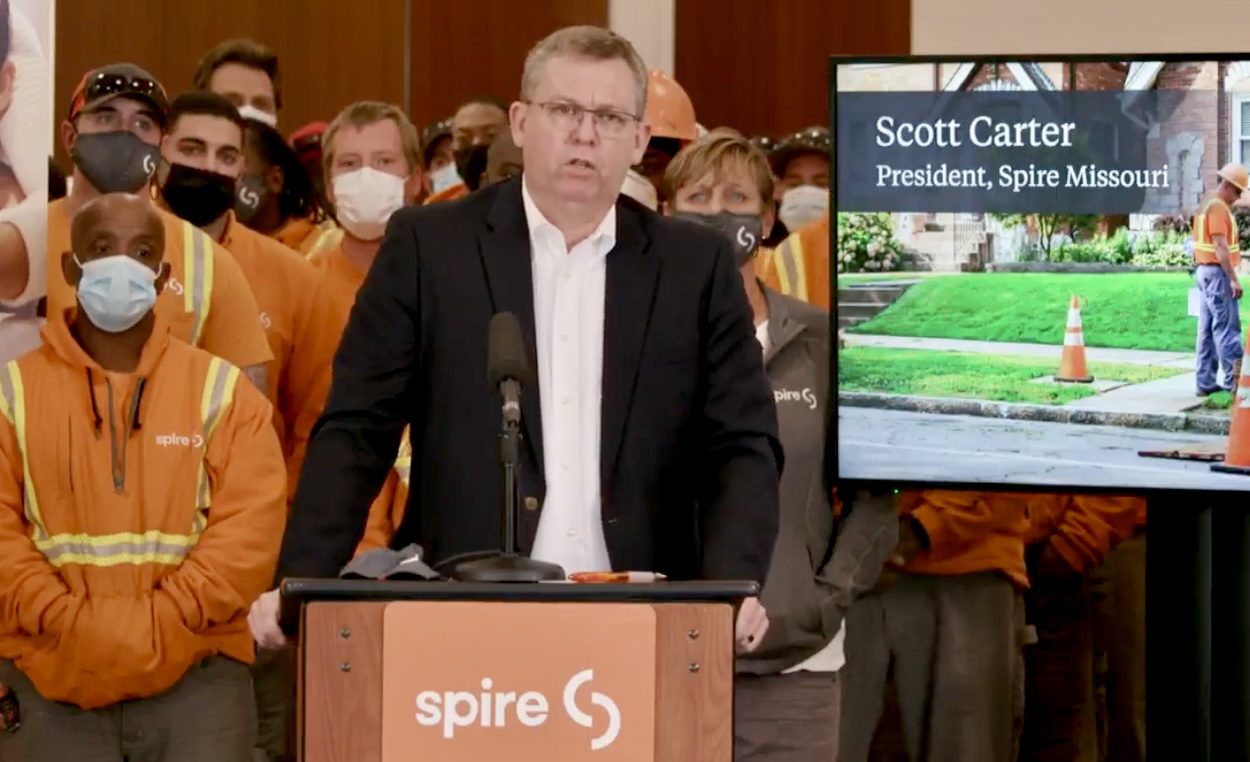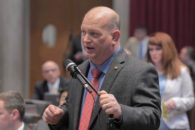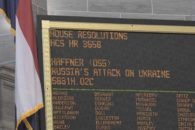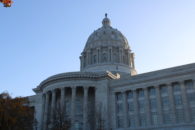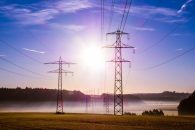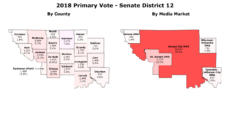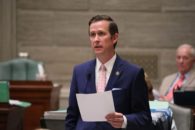With time running out on its federal emergency certificate, the team behind the Spire STL Pipeline warned customers and stakeholders of the adverse effects of a possible shutdown Thursday.
A three-judge panel on the D.C. Court of Appeals remanded the Federal Energy Regulatory Commission (FERC)’s approval of the pipeline in June and denied a request for a rehearing in September. FERC granted the pipeline a temporary emergency certificate to remain in operation for 90 days, but the order is set to expire on Dec. 13.
Spire has pursued legal and regulatory options to keep the pipeline operational, even bringing the case before the U.S. Supreme Court in September. The high court denied Spire’s motion for a stay last month while FERC considers a possible extension of its emergency certificate.
If taken offline, the project would leave 175,000-400,000 customers in the St. Louis region without service, with a gap lasting up to 100 days before another source is connected, Spire said. Its filings noted the impact of February’s winter storm and the possibility of mass outages if a similar event were to occur while the system remains in flux.
“Without STL Pipeline in place, we had to focus on isolating systems, making sure we can divert as much of the gas supply to maintain critical infrastructure as much as possible as long as possible,” Spire Missouri President Scott Carter told reporters Thursday afternoon. “We want to make sure people understand what’s going on, and we’re going to do everything we can to minimize that risk, but until we get surety about it, the risk exists and our job is to make sure we’re planning for it.”
Carter joined Associated Industries of Missouri CEO Ray McCarty, St. Louis Labor Council President Pat White, and Spire STL Pipeline general counsel Sean Jamieson at the press briefing in St. Louis.
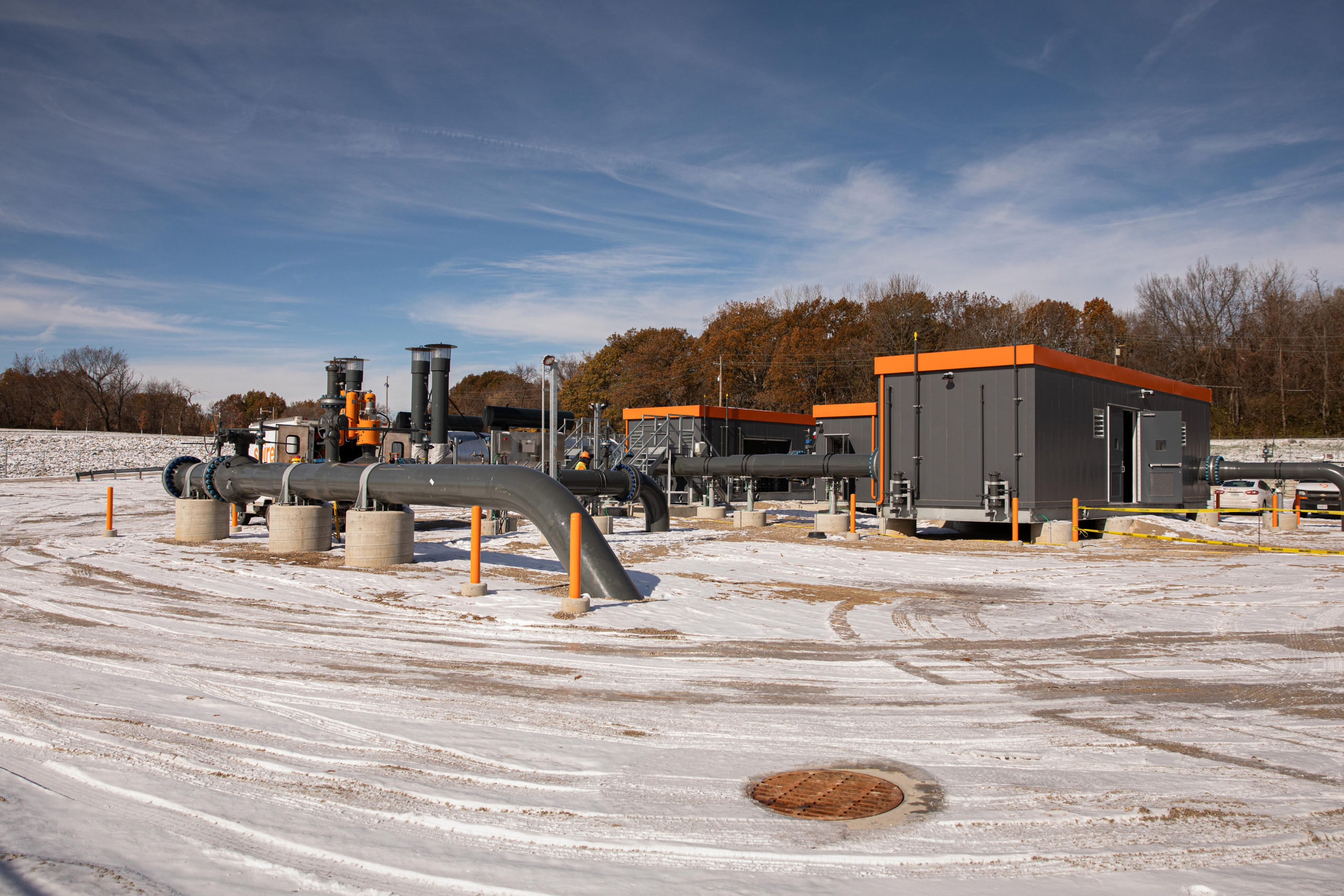
Despite filing the lawsuit that initiated the risk for the pipeline, the Environmental Defense Fund (EDF) on Wednesday urged FERC to issue a temporary certificate allowing the pipeline to remain active throughout the winter.
And on Thursday, during its own virtual press briefing following Spire’s event, EDF said FERC should allow the pipeline to remain through the winter months.
The group did, however, decry an email sent from Spire to its customers in the area last week warning of potential outages and service interruptions. EDF said the notice “created panic and fear throughout the St. Louis region” and led to threats against its employees.
“We in no way want reliability to St. Louis energy consumers to be compromised. We’ve said that in every pleading in every court we’ve been before,” Natalie Karas, EDF’s lead expert before FERC on the issue, said. “We need to communicate the facts. … We have to set the record straight and make clear that there’s a process that’s currently unfolding to address this issue and to allow Spire to operate through the winter.”
Karas was joined by St. Louis 6th Ward Alderwoman Christine Ingrassia and County Councilwoman Lisa Clancy at the event. Both local officials urged Spire to clarify the letter to its customers, a plea the St. Louis Board of Aldermen made official with a letter to the commission Thursday morning.
Carter defended the emails during Thursday’s briefing, noting Spire had been notifying customers of the possibility since the summer.
“The idea was not to raise concern, more to inform,” Carter said. “If this happens, we don’t need to do that on the last day — we don’t need to wait until this actually happens and tell people that it’s out there. We’ve known this, we’ve been informing, we’ve been building plans, and we want to make sure our customers stay informed. That’s our obligation, that’s what we want to do.”
The 65-mile pipeline began providing natural gas service to the St. Louis area in 2019, two years before its FERC approval was halted.
EDF’s initial challenge alleged FERC failed to prove the pipeline’s benefits would outweigh its environmental impact.
FERC is set to consider the issue at its Nov. 18 agenda meeting. Carter said Spire would file an updated contingency plan with Missouri’s Public Service Commission (PSC) next week.

Cameron Gerber studied journalism at Lincoln University. Prior to Lincoln, he earned an associate’s degree from State Fair Community College. Cameron is a native of Eldon, Missouri.
Contact Cameron at cameron@themissouritimes.com.

